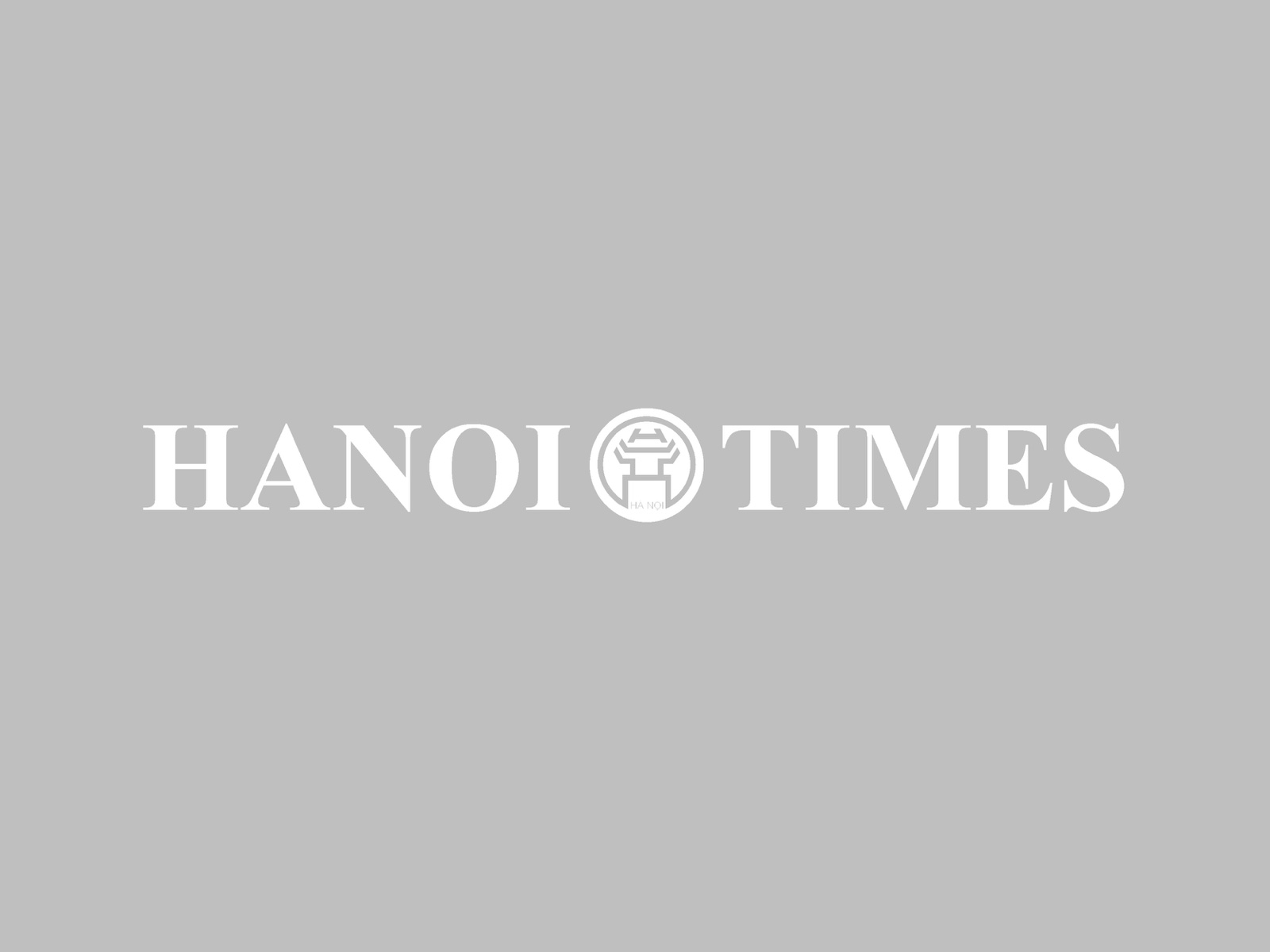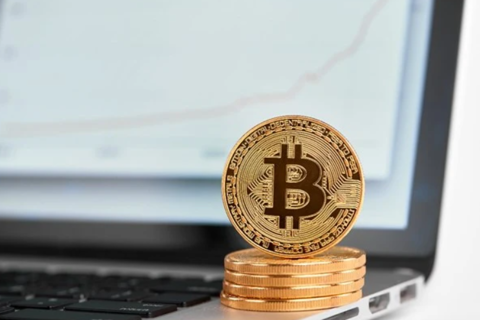Business
FDI forcast ups after declining in first two months of 2014
Feb 27, 2014 / 11:11 AM
Industry insiders forecast that FDI flow of Vietnam will increase this year despite the country`s foreign direct investment capital in the first two months of the year declined more than 60 per cent to US$1.54 billion against the same period last year.
According to the General Statistics Office, of the total investment, $830 million was the registered capital of 122 new projects, while the rest was additional capital of 41 existing projects.

Processing and manufacturing remained the most attractive industries for foreign investors in the first two months of the year, comprising $1.18 billion of the total capital. Real estate followed with $278.3 million.
South Korea was Viet Nam's biggest investor with nearly $469 million. Singapore ranked second with $264.5 million.
Japan and the US also poured $263.36 million and $129.2 million respectively into Viet Nam in the first two months.
Though the FDI flow in the initial months of the year was significantly modest, industry insiders expect the activity to increase in the coming months. This is based on the recent actions of foreign investors who are sanguine about the prospects of doing business in Viet Nam.
This week, high-level executives from 33 leading US companies are visiting Viet Nam for the annual US-ASEAN Business Council (USABC) meet and to look for investment opportunities. The number of participants at this year's event sees an increase of 11 businesses over last year's event.
This is a clear signal that the US business community views Viet Nam as a lucrative investment location and is waiting for the pending Trans-Pacific Partnership (TPP) agreement to be signed.
USABC explained that one of the main reasons for the keen interest of the US businesses is that the macro-economy in Viet Nam has improved significantly and the inflation rate and exchange rate have been kept in check.
When Viet Nam signs the TPP agreement, the US businesses will have added incentives to invest, the council said, adding that a number of US businesses, currently operating in Viet Nam, have revealed that they will double their production capacity once the agreement is inked.
In the latest survey released in Ha Noi this week by the Japan External Trade Organisation (JETRO) on business confidence among Japanese-affiliated firms in 20 countries and territories in Asia and Oceania from October to November last year, 70 per cent said they regarded Viet Nam as an important investment base and planned to expand investment in the country. JETRO surveyed 9,371 Japanese firms operating in 20 countries, including 435 Japanese firms in Viet Nam.
Yasuzumi Hirotaka, managing director of JETRO in HCM City, said at a meeting early this week that the percentage of respondents in Viet Nam planning to expand operations was rather high compared with other countries in the region (Indonesia with 66.4 per cent; Thailand, 66.2 per cent; Philippines, 58.1 per cent; China, 54.2 per cent; and Malaysia, 51.4 per cent.)
Ninety per cent of them said they wanted to expand to increase turnover.
In addition, non-production companies said Viet Nam was a market with high growth potential.
Nearly 60 per cent of respondents in Viet Nam said they expected an operating profit in 2013, remaining at the same level as the previous year with 60.2 per cent.
Viet Nam ranked fourth of 15 countries in ease of recruitment, with respondents praising "market scale, growth ability" and "stable social-political situation" of the country.
Japanese companies said they tend to invest in the country to exploit sales in the local market, he said, adding that the GDP of Viet Nam was $2,000 per person, and about $4,000 in HCM City.
Hirotaka said Japanese companies tend to be prudent in their investments, with an initial investment at a small scale and then later expansion.
In countries with poor human resources, expansion can exhaust labour resources, which can then led to rapidly increased wages, he explained.
However, this is less likely to happen with Viet Nam's resources, including a population of 90 million.
In addition, Viet Nam has fewer holidays than other countries and Vietnamese labour remains relatively inexpensive, he added.
However, half of the respondents said that administrative formalities, customs formalities, the tax system, laws and increasing wages in Viet Nam posed the greatest risk of investing in the country.
Last year, the ratio of cost of materials and parts to production in Viet Nam was 60.4 per cent and that of labour to production was 17 per cent, which indicates that production costs in the country consist mostly of material costs.
Hirotaka said that, in order to increase the competitiveness in cost, Viet Nam should improve its support industry and help firms increase the rate of accelerating local procurement of materials and parts.
The US investors also said that enterprises still face difficulties regarding policies and taxation while doing business in Viet Nam.
Minister of Planning and Investment Bui Quang Vinh has so far affirmed that the Government has pledged to protect legitimate and serious foreign investors and to create favourable conditions for them to do business in Viet Nam.
Vinh said that the ministry is gathering recommendations on the revised draft Law on Investment, which is expected to create a more transparent investment climate, amending and adding new administrative procedures and addressing the difficulties in gauging investment performance.








